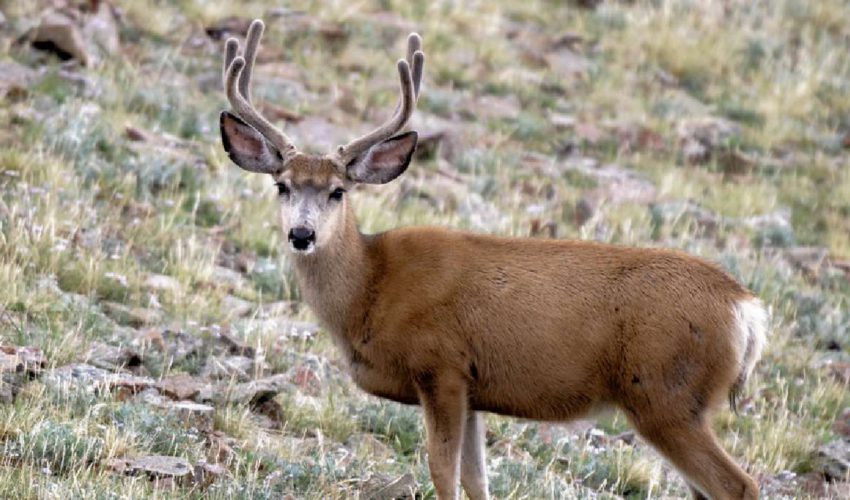Attorney General Sean D. Reyes joined a comment letter, led by the State of Alabama, to the U.S. Fish and Wildlife Service opposing proposed rules that would expand the federal government’s authority to designate land as endangered species habitat without cooperation from states as required by law.
The States rise in opposition to the proposed regulations because the Endangered Species Act requires the Fish and Wildlife Service to “cooperate to the maximum extent practicable with the States” in designating endangered species habitats, placing important constraints on the Service’s ability to define new habitats. In their letter, the attorneys general argue that the proposed rules circumvent these essential constraints and highlight their disappointment with the agency’s attempt “to resurrect aspects of rules many of the States have already challenged as unlawful without even conducting a federalism impact statement as required.”
The attorneys general add, “As the chief legal officers of our States, we take seriously the responsibility to steward resources and care for the diversity of wildlife in our States. Long before federal agencies were created for such purposes, the Constitution recognized that States have the primary legal responsibility for wildlife protection and administration. Congress did the same when it enacted the Endangered Species Act, directing the Services to ‘cooperate to the maximum extent practicable with the States.’ States know their resources best and are uniquely positioned to engage in creative conservation efforts that work with, rather than against, private landowners and businesses to spur species recovery and protection.”
Joining Utah and Alabama were the States of Alaska, Arkansas, Idaho, Indiana, Iowa, Louisiana, Mississippi, Montana, Nebraska, North Dakota, Oklahoma, South Carolina, Tennessee, Texas, West Virginia, and Wyoming.

